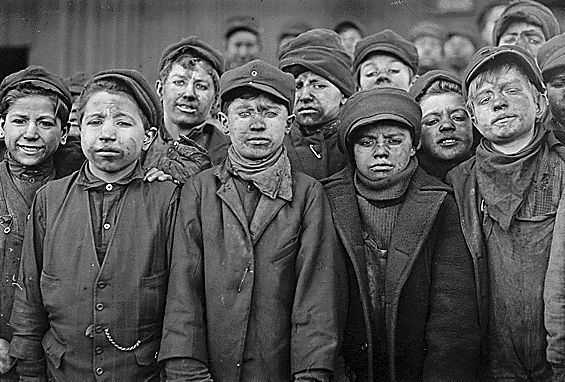In 1961 the Framingham study investigators introduced the term ‘risk factor’ to the medical community and ushered in the era of risk modification, now a dominant strategy for the prevention of diseases. Academic careers have succeeded and private enterprises have flourished on the promotion of this paradigm.
Currently, risk-factor reversal is an established surrogate for quality of care and a cornerstone of most pay-for-performance schemes allegedly designed to improve health outcomes. One particular risk factor, however, stands out by virtue of the unusual treatment it receives from public health advocates.
Poverty, the condition of absolute or relative material destitution, is undoubtedly the foremost of all medical risk factors. Many of the common clinical risk factors for disease are more prevalent among the poor: diabetes, obesity, hypertension, tobacco and alcohol abuse, malnutrition, domestic violence, to name but a few.
Lower levels of education may contribute to misinformed health decisions and lesser financial means restrict access to medical treatment. Other unidentifiable factors may also be at play. It scarcely requires demonstrating that compared to the better-off, the poor stand a greater chance of getting sick or of dying prematurely.
Yet, when it comes to the public health proposals that address the effect of poverty, the reversal of that risk factor is rarely advocated. Instead the Center for Disease Control, the World Health Organization, the Institute of Medicine, and many other public health agencies unwaveringly focus their attention on minimizing health care disparities.
This is a peculiar approach. It seems that anyone serious about addressing the effects of poverty should rather be aiming for the promotion of prosperity.
Economic theory, which should be employed to that noble end, is admittedly not a science whose principles are self-evident or readily intuited. Nevertheless, economic principles can be identified and assuredly applied for the material benefit of mankind. For those seriously concerned about the economic welfare of the poor, I suggest the following classic work as a starting point.
When it affects those who direct public health policies, economic ignorance is a risk factor to a nation’s financial health. And we know that financial illness is the mother of all risk factors.

Hello,
Nortin Hadler also makes this point in “the worried sick” among many others. Did you read him?
His book and also Penston’s have strengthened my contrarian skepticism.
I predict (first time in my life I predict something.) future generations will consider our medicine not too bad but polluted by a huge scale deceit.
Hello Alberto,
I did not read “worried sick” and I was not familiar with Nortin Hadler until you pointed him out. Looking at his blog posts, I agree with some of his viewpoints but not all. He has a soft spot for the RCT as a tool to direct policy… He still belongs among those who think they know the answers as to what constitutes “quality care” and overlook the part of medicine that is highly subjective.
Michel